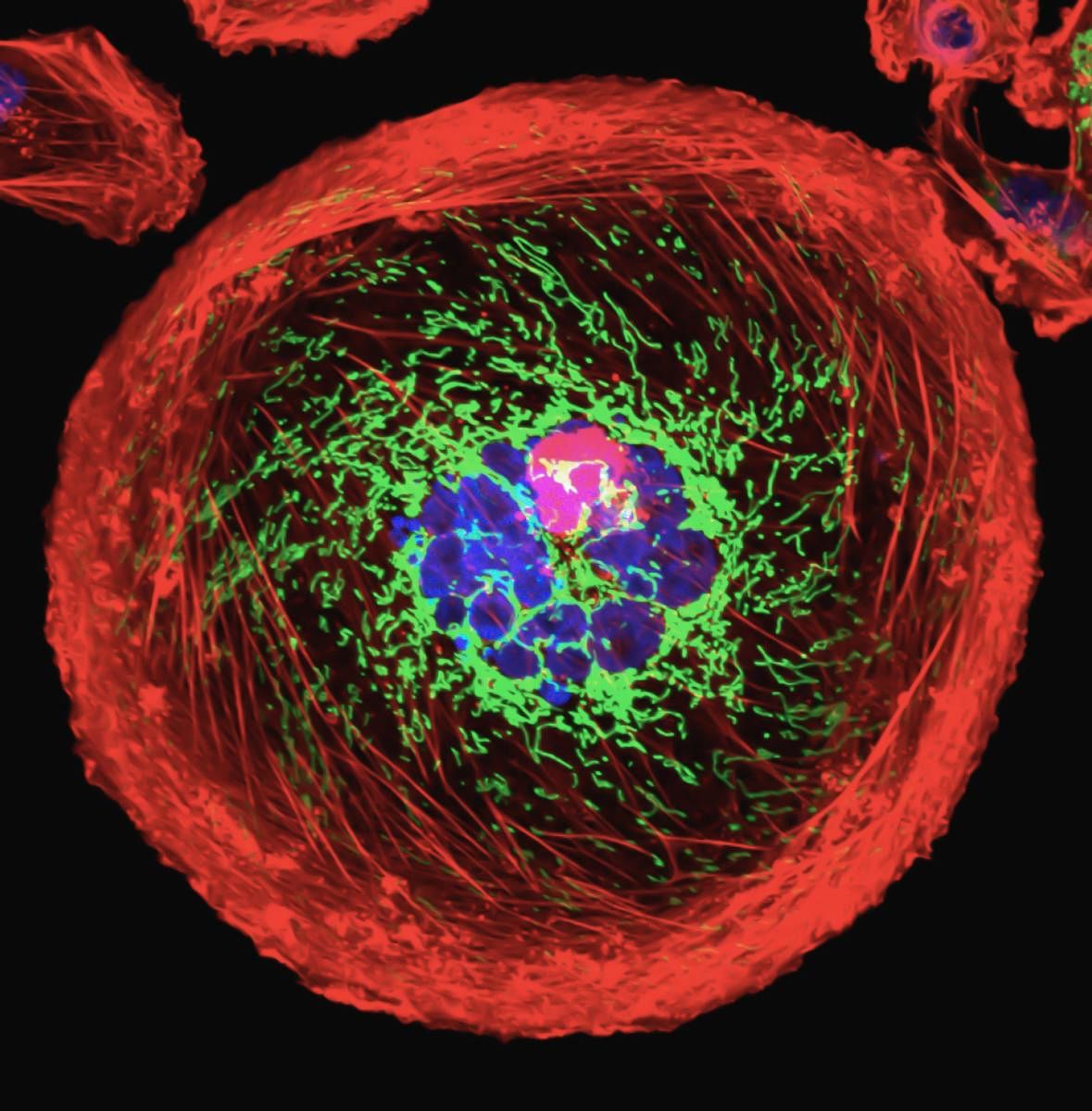
A breast lump is most commonly associated with breast cancer as it is a growth of tissues in the breast. The symptoms would differ depending on the type of breast cancer. While many women with breast cancer have noticed a lump, not everyone is aware of its presence and the subsequent complications. It is important to know the other signs and symptoms of breast cancer to avoid any type of complications and unwanted fear associated with it. Studies show that more than 80 percent of breast lumps are non-cancerous, especially in women under the age of 40. If a person gets a mammogram screening frequently, and if the results of the mammogram have been negative, the chances of breast cancer are low. Breast cancers could be with no symptoms in some cases, but could be identified in a mammogram by the doctor. A doctor can find out breast cancer in the early and curable stages by screening.
Causes of breast cancer
When certain breast cells grow abnormally, they develop into breast cancer. These cells multiply more quickly than healthy cells, continue to aggregate, and gradually form a lump. Breast cancer often develops inside the milk-producing duct, glandular tissue which is known as lobules, or other cells or tissues within the breast. Studies show that hormonal, lifestyle and environmental changes may raise the risk of breast cancer. However, it is unclear why someone with no risk factors acquires cancer while others with risk factors do not. Breast cancer is most likely caused by a mix of genetics and environment. Breast cancer can be genetic too. According to studies, five out of 10 breast cancer patients have a link to genetic mutations passed through generations. If a person has a family history, doctors would suggest a blood test to identify the specific mutations in BRCA or other genes that are being passed through generations. One needs to consider screening if there’s a genetic history of breast cancer.
Risk factors
The risk factors of breast cancer would be anything that makes it more likely to just get breast cancer. But it doesn’t mean that if a person has more than one risk factor, it would develop into breast cancer. There are chances of developing breast cancer even without any risk factor, or just simply for the reason of being a woman.
Age: The age of a person plays an important role in the hormonal changes in the body. Women above the age of 55, and those experiencing delayed menopause are at a higher risk of getting breast cancer.
Infertility/ late pregnancy: In general, women who have had children have a lower risk of breast cancer compared to women who have never given birth because there would be tissues accumulated in the milk-producing duct leading to breast cancer. People who have given birth after the age of 35 years are at a higher risk of getting breast cancer.
History of breast problems: If a woman has a history of breast-related issues, the chances of getting breast cancer are higher. Or if a person had breast cancer before, the chances of that person getting breast cancer in a different area in the same breast, or the other breast is high.
The signs
The growth of a lump in the breast or underarms could be a sign of breast cancer. The lump generally doesn’t go away that soon. And even before the lump starts being visible, it could be seen in the mammogram. Doctors suggest getting a mammogram screening to diagnose and cure it in an early stage.
Pain or tenderness in the breasts: If a person starts feeling pain or tenderness in the breast even though there is no lump, it is best to consult a doctor at the earliest and get a mammogram screening done.
Changes in the breast size or nipple size: If there are changes in the breast size or the texture, contour, or temperature of the breast or if there are changes in the size or the shape of the nipple ie., if the nipple is dimpled, itchy, differently shaped, or feels sore, it is recommended to consult a doctor at the earliest.
(The author is a general & laparoscopic surgeon.)